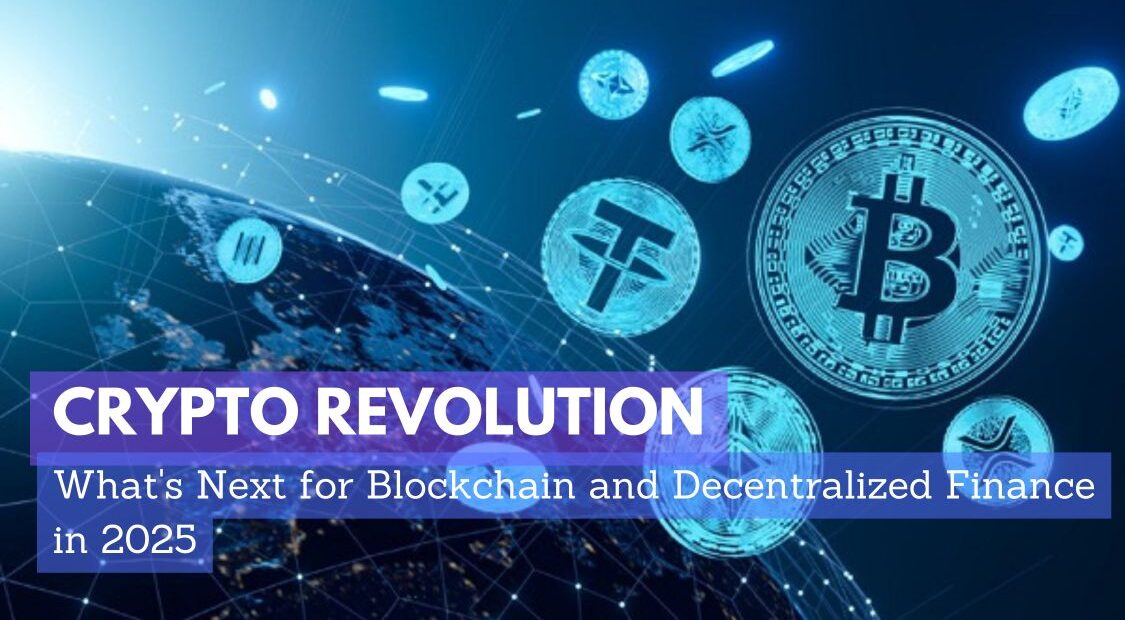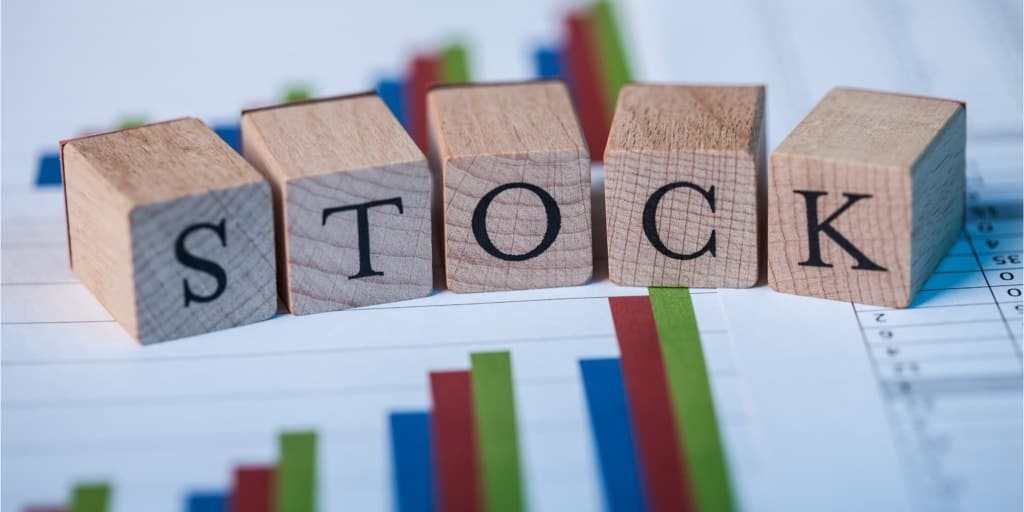The world is undergoing a financial transformation driven by blockchain technology and decentralized finance (DeFi). By 2025, these innovations are set to disrupt traditional financial systems, democratize access to financial services, and create a more inclusive global economy. Here, we examine the next chapter of the crypto revolution and its implications for the future.
The Growth of Decentralized Finance (DeFi)
Decentralized finance, or DeFi, has emerged as one of the most groundbreaking use cases of blockchain technology. By 2025, DeFi is expected to:
- Expand Accessibility: Platforms like Uniswap, Aave, and MakerDAO are revolutionizing lending, borrowing, and trading by removing intermediaries. DeFi’s user-friendly interfaces and mobile access will bring millions of unbanked individuals into the financial ecosystem.
- Introduce New Financial Instruments: Tokenized assets, synthetic derivatives, and programmable money will diversify investment opportunities and enhance liquidity in financial markets.
- Improve Security and Scalability: Enhanced protocols and audits will address vulnerabilities in DeFi platforms, ensuring greater trust and adoption.
Mainstream Integration of Blockchain
Blockchain technology is no longer confined to cryptocurrency. Its utility across industries is growing rapidly, and by 2025, we expect:
- Enterprise Adoption: Major corporations will integrate blockchain to streamline supply chains, enhance transparency, and reduce costs. Companies like IBM and Walmart are already leading the way.
- Government Applications: Blockchain will play a key role in public services, including land registry, identity management, and voting systems.
- Interoperability Standards: Seamless communication between blockchains will allow diverse networks to collaborate, creating a unified ecosystem.
The Role of Web3 and Decentralized Applications (dApps)
The Web3 revolution is reshaping the internet as we know it. By 2025, decentralized applications (dApps) and Web3 platforms will:
- Empower Content Creators: Blockchain-based platforms like Ethereum and Solana will enable creators to monetize their work directly, bypassing traditional gatekeepers.
- Enhance Privacy and Ownership: Decentralized identity solutions will give users control over their data and digital identities.
- Facilitate Decentralized Governance: DAOs (Decentralized Autonomous Organizations) will become mainstream, enabling communities to govern projects and allocate resources transparently.
NFTs: Beyond Art and Collectibles
Non-Fungible Tokens (NFTs) have taken the world by storm, but their potential extends far beyond art. By 2025, NFTs will:
- Revolutionize Gaming: Players will own in-game assets, which can be traded or sold across platforms.
- Tokenize Real-World Assets: Real estate, intellectual property, and even fine wines will be tokenized, making them more accessible and liquid.
- Enhance Digital Rights Management: Artists and content creators will use NFTs to enforce royalties and intellectual property rights.
Challenges and Opportunities
While the blockchain and DeFi space is brimming with potential, challenges remain:
- Regulatory Clarity: Governments must balance innovation with oversight to prevent fraud and protect consumers.
- Energy Consumption: The industry must address concerns about blockchain’s environmental impact by adopting sustainable practices like Proof of Stake (PoS).
- Cybersecurity Risks: Ensuring robust security will be essential to building trust and minimizing vulnerabilities.
Conclusion
The crypto revolution is transforming finance and technology at an unprecedented pace. By 2025, blockchain and DeFi are expected to be integral to global economic systems, fostering innovation, inclusivity, and efficiency. As challenges are addressed and adoption accelerates, the future of blockchain and decentralized finance promises to be one of limitless possibilities.








